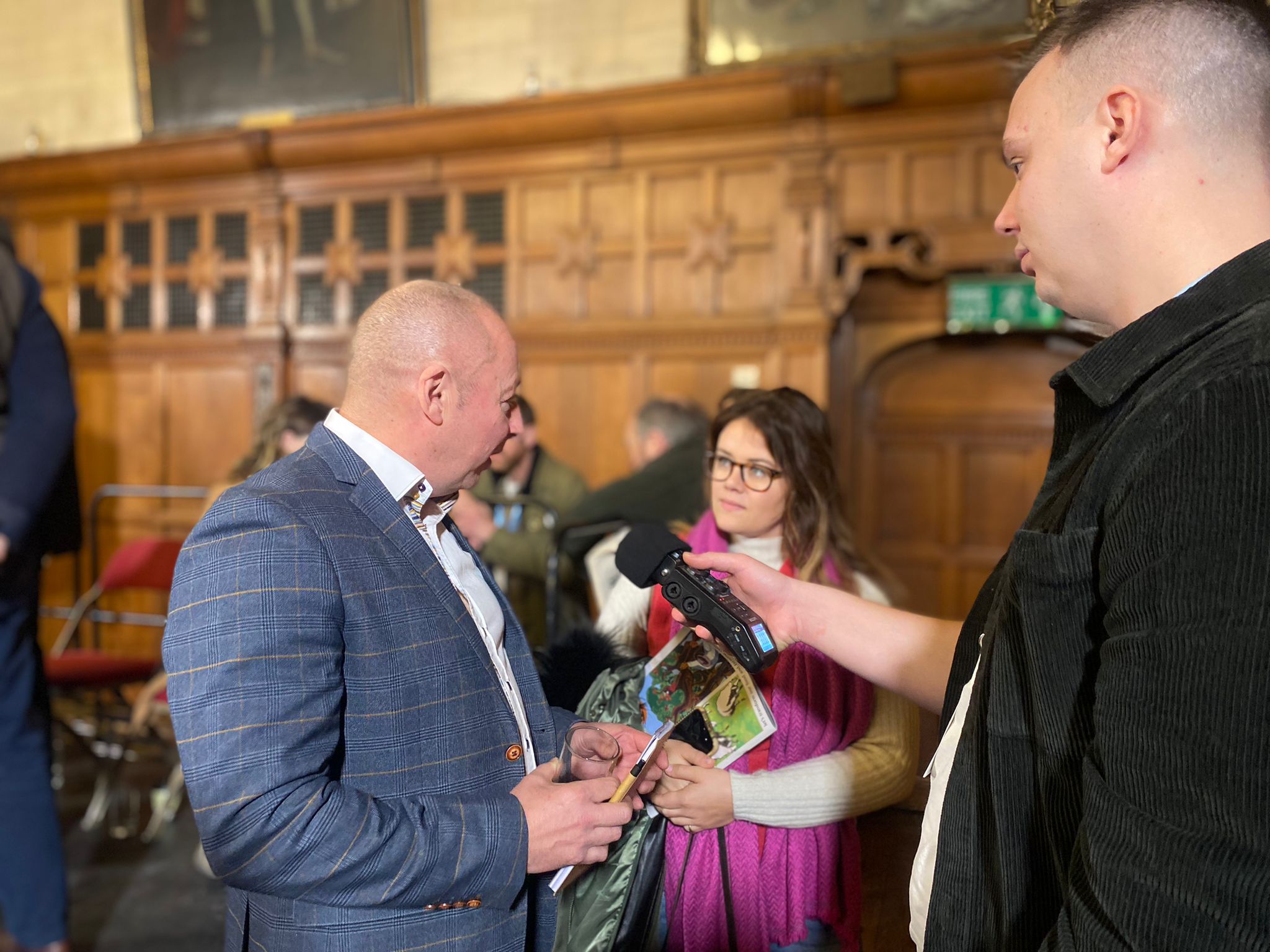

Young people’s views on progressive farming and the transformation of our food system are being shared in a new podcast recorded for the How Farming Can Cool the Planet project.
The podcast, which was recorded at the recent Oxford Real Farming Conference (ORFC) in January, features a diverse range of young voices, from farmers to inner city professionals, who are all passionate about food provenance.
Devon young farmer and rural podcaster Dan Grist, interviews young people from the three project partner organisations – The National Federation of Young Farmers’ Clubs (NFYFC), Students for Sustainability (SOS-UK) and FLAME, the youth branch of the Landworkers Alliance.
Thanks to funding from Farming the Future, the group attended ORFC sessions to learn more about sustainable food and farming. The podcast features their reactions to those sessions and includes conversations with some of the speakers, such as Anna Jones and Emily Davies from community interest company Just Farmers.
The pair talk about how Just Farmers supports farmers with free media education and they share advice for young farmers on the importance of promoting what they do through storytelling in the media and on social media.
Dan, who grew up on his family’s beef and sheep farm, also works in communications and is keen to use his skills to help the industry share its messages.

I think it’s so important that farmers and the agricultural industry know how to communicate. If we are going to make our food systems more sustainable, if we’re going to shorten food supply chains, then farmers and the industry need to know what consumers want,” says Dan. “Consumers need to have a better understanding of where their food comes from, this is what I am passionate about.
Dan Grist
Rural podcaster and Devon YFC County Chair

The Just Farmers’ session also inspired new entrant farmer Phoebe from Norfolk who is now considering sharing her story.
“We talked about creating a really good story and making things that matter to us interesting to other people. I think it has shown me that I can create a podcast, or I could write more blogs, and I do have something to say,” explains Phoebe.
Worcestershire YFC member Bizza Walters spoke to speaker Karl Williams following his session titled: What role for grazing livestock in a warming world. Bizza asks what more young farmers can do to convince the older generation about the benefits of regenerative agriculture, especially as she faces these challenges within her own family farming business. Karl advised getting family members out to see other farms and start the conversations. “We need to challenge each other and do things better,” he says.

Ethical and religious connections to food and farming are also explored, with inner city graduate Arooj explaining the importance of food provenance in the Muslim faith. During the conference Arooj also arranged a visit to an organic Halal farm to gain some hands-on experience.
“It’s a shame that we don’t embody this more as the Muslim community in the UK – we’re not more at the forefront of ethical farming because it goes hand in hand with our food, which I think a lot of people don’t realise because we don’t talk about it and we don’t embody it,” Arooj tells Dan.
“So much work goes into producing our food and we as consumers on the other side don’t really think about it. In an ideal world farmers would be close by. Speaking to the family today it was really eye opening.”
Edinburgh philosophy and politics student Leo found a discussion about the corporate influence on our food systems fuelled her passion to bring about change to the current systems that she believes are needed.
“They were talking about the corporate influence on our food systems and how that really needs to change if we’re really to evolve as a country to have a more regenerative food culture. Food is just part of everything,” says Leo.
Inspired and enthused by the conference, it is hoped the group can use the information to influence their work and understanding around the development of future food systems.
The podcast was recorded as part of the How Farming Can Cool the Planet Project. It is aimed at bringing together students, FLAME members and young farmers with different lived experiences to share their stories with each other, to find common ground, and to ultimately have a united voice so they can tackle the climate crisis through food and farming.